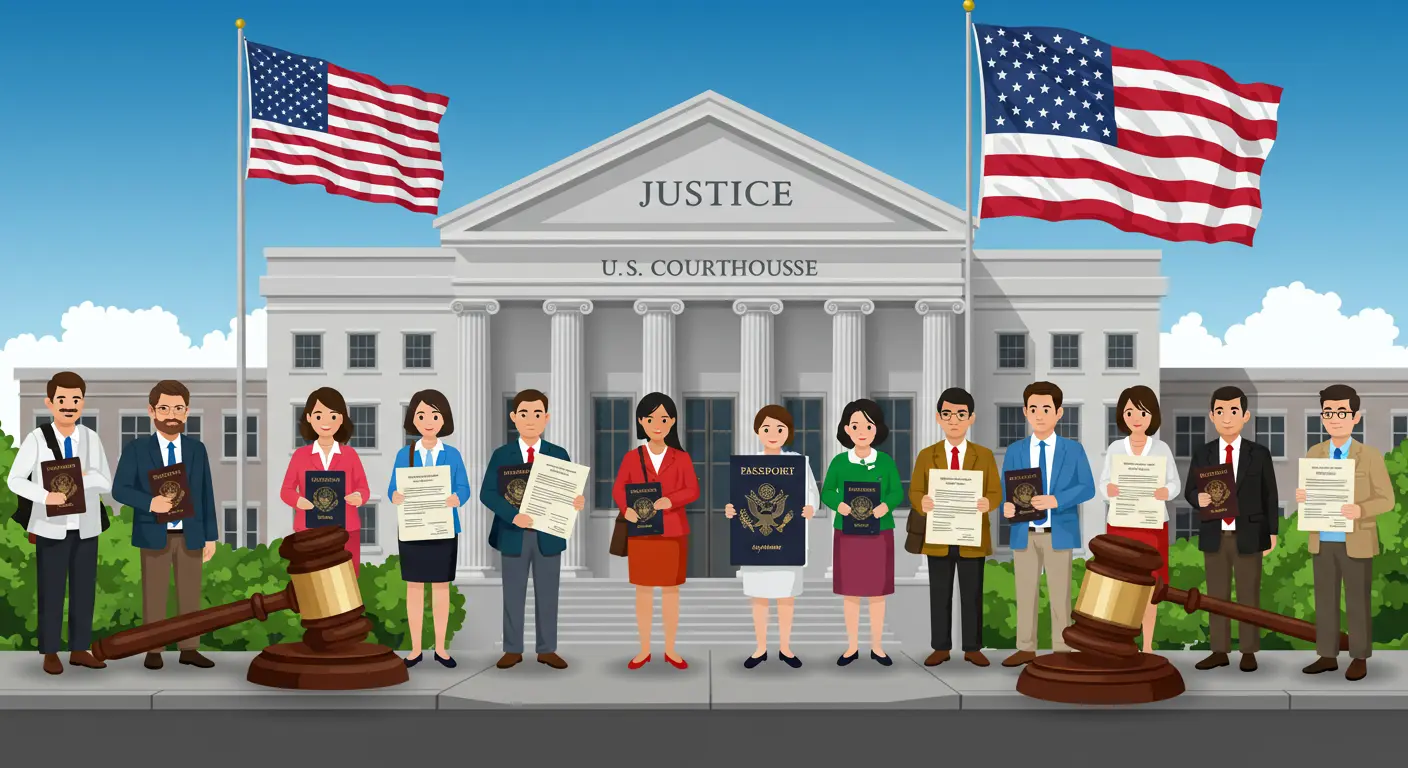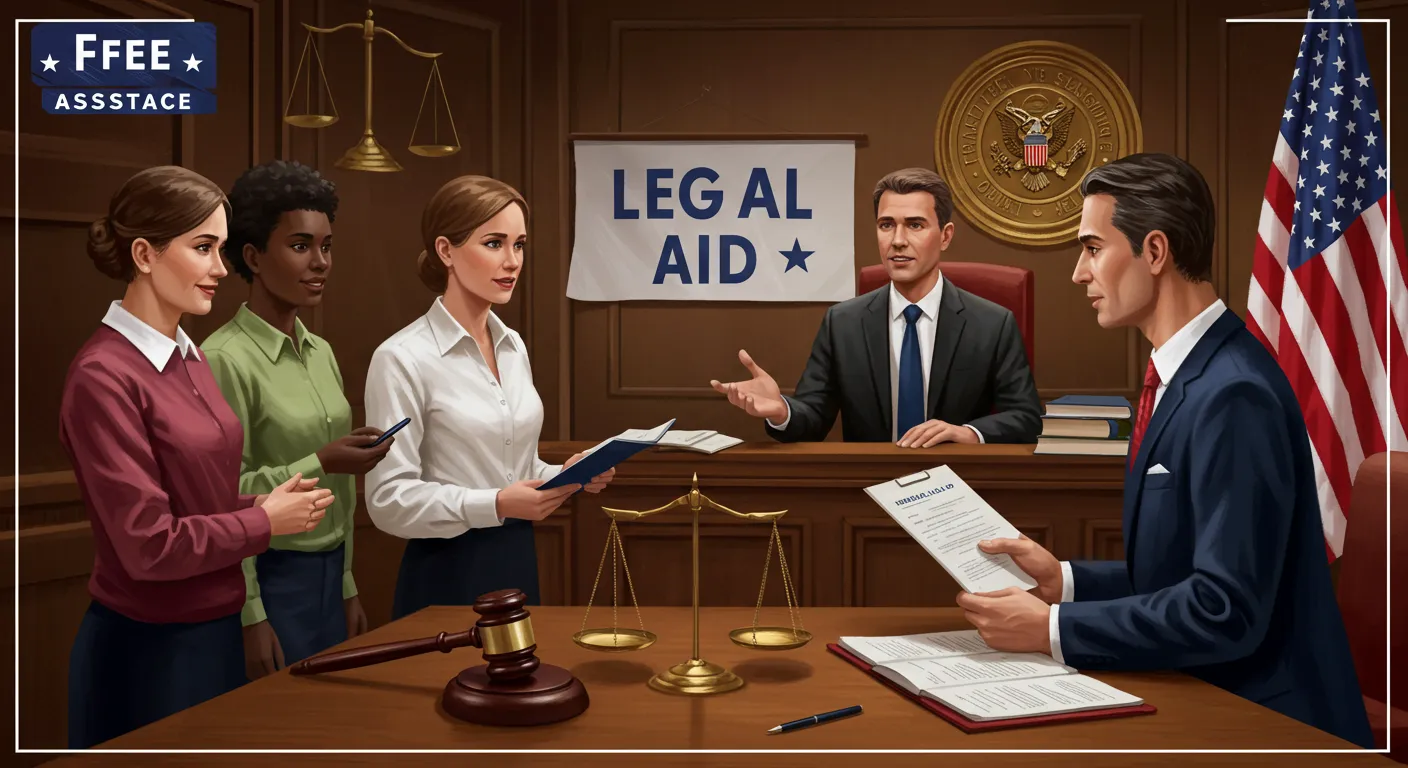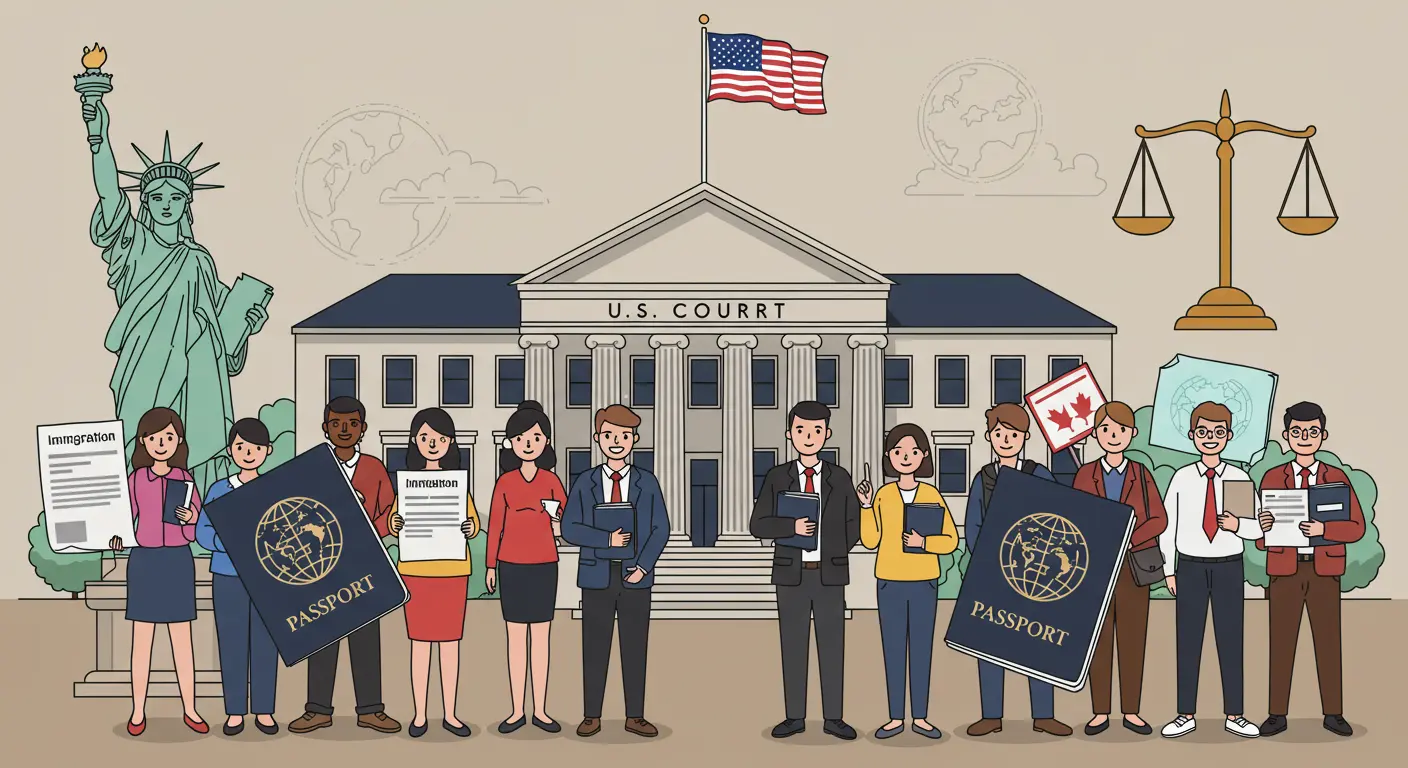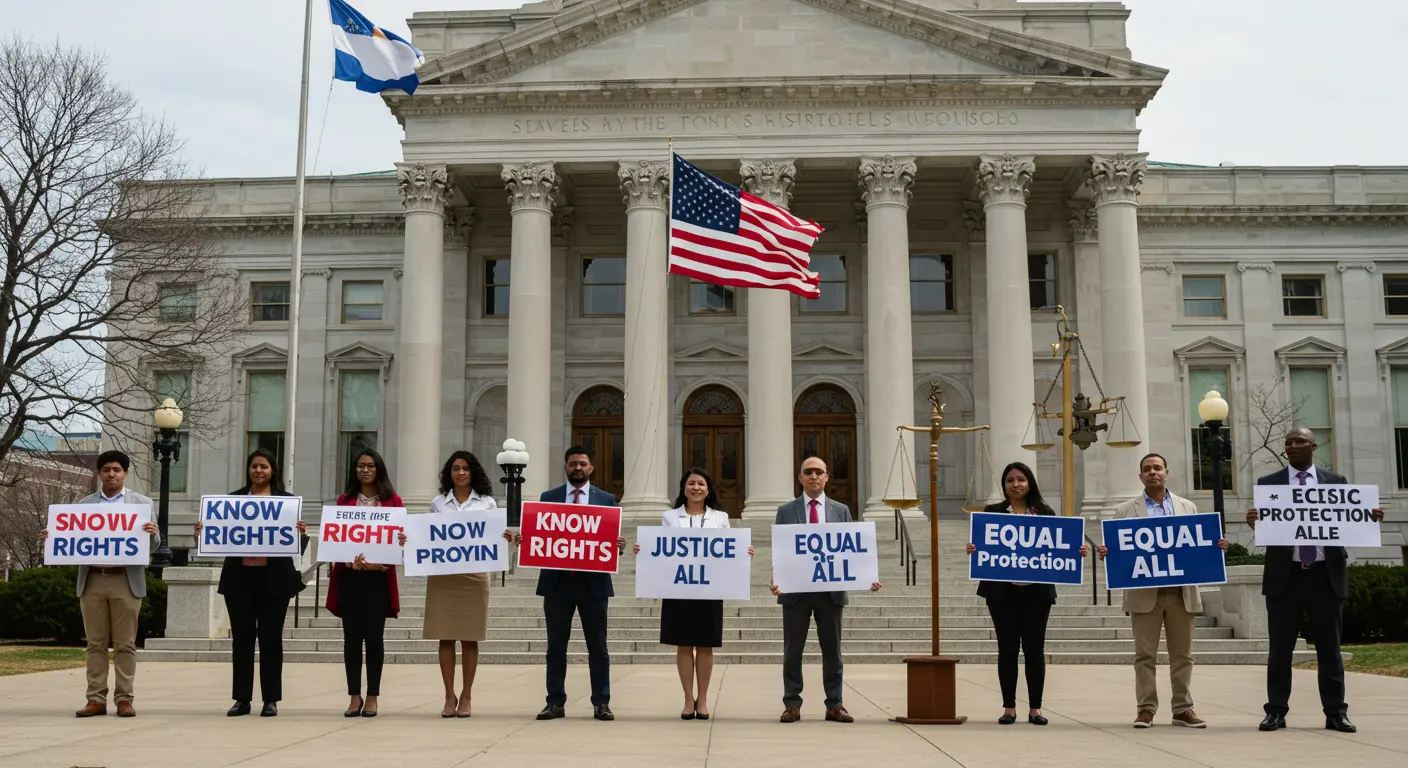Understanding American law for foreigners is essential for international travelers, students, immigrants, or anyone doing business in the United States. The U.S. legal system can be complex, especially for non-citizens who may not be familiar with federal, state, and local regulations. Whether you’re planning a visit, applying for a visa, or settling permanently, this guide will explain everything you need to know about your legal rights and responsibilities in the U.S.
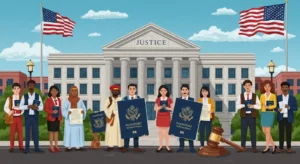
What is American Law?
American law is based on the U.S. Constitution, federal laws, state statutes, and local ordinances. It follows a common law system, where court decisions shape legal interpretation. This means that past rulings from judges (called “precedents”) influence future cases.
There are three major levels of laws in the U.S.:
-
Federal Law: Applies across all 50 states.
-
State Law: Varies by state and may differ significantly.
-
Local Law: Rules made by cities or counties for local governance.
When discussing American law for foreigners, all three levels can affect how you live, work, study, or do business in the U.S.
Key Legal Areas Foreigners Must Understand
Let’s explore the primary legal areas that foreigners should understand when dealing with American law.
1. Immigration Law
This is the most important aspect of American law for foreigners. It governs who can enter, stay, work, or study in the U.S.
-
Visas: There are non-immigrant (temporary) and immigrant (permanent) visas.
-
Green Card: Legal permanent residents must obey U.S. laws and may eventually apply for citizenship.
-
Deportation: Breaking U.S. immigration or criminal laws can lead to deportation.
Always maintain valid documentation and follow visa conditions.
2. Criminal Law
Foreigners are subject to American criminal law just like U.S. citizens. Crimes such as theft, assault, drug possession, or driving under the influence (DUI) can result in arrest and deportation.
Even minor offenses can have serious immigration consequences. Always hire a criminal defense lawyer if you’re facing charges.
3. Civil Rights and Protections
The U.S. Constitution protects certain rights for all people, including foreigners:
-
Right to a fair trial
-
Freedom of speech and religion
-
Right to remain silent
-
Protection against discrimination
However, some rights (like voting) are reserved for citizens only.
4. Employment Law
If you’re working in the U.S. on a visa, you must comply with U.S. labor laws:
-
You must be legally authorized to work.
-
Employers cannot exploit foreign workers.
-
You have a right to fair wages and safe working conditions.
The Department of Labor protects foreign workers’ rights, regardless of status.
5. Family Law
Family law includes marriage, divorce, child custody, and domestic violence. Foreigners marrying U.S. citizens may be eligible for a spousal visa but must avoid marriage fraud, which is a serious offense.
Challenges Foreigners Face Under American Law
Navigating American law for foreigners comes with unique challenges:
| Challenge | Description |
|---|---|
| Language Barrier | Legal documents and court procedures are in English. |
| Complex Immigration Processes | Strict visa rules and evolving policies can be confusing. |
| Cultural Differences | U.S. customs and legal expectations may differ from your home country. |
| Cost of Legal Help | Hiring an immigration or defense lawyer can be expensive but necessary. |
To overcome these issues, consider hiring an immigration attorney and learning basic legal English terms.
Legal Tips for Foreigners in the U.S.
Here are important legal tips to stay safe and informed while in America:
-
Always carry valid identification and immigration documents.
-
Follow visa rules strictly—don’t overstay or work without permission.
-
Understand your rights during police stops (e.g., you have the right to remain silent).
-
Never sign legal documents you don’t understand.
-
Avoid legal trouble—even small crimes can lead to visa cancellation.
-
Know your embassy contact info in case of arrest or emergency.
Why Understanding American Law Matters
Ignorance of the law is not an excuse in the U.S. If you break the law—even unknowingly—you may face serious consequences, including deportation, fines, jail time, or being banned from re-entering the country.
Whether you’re a tourist or a student, having a solid understanding of American law for foreigners can help you protect yourself, your rights, and your future in the United States.
Frequently Asked Questions (FAQs)
Q1: Can foreigners sue or be sued in the U.S.?
Yes. Foreigners can both file lawsuits and be sued under American civil law. U.S. courts provide legal recourse to all persons, regardless of nationality.
Q2: What happens if a foreigner breaks the law in the U.S.?
They may face criminal charges, fines, jail, and deportation. The severity depends on the nature of the crime and immigration status.
Q3: Do foreigners have the right to an attorney?
Yes. In criminal cases, if you cannot afford a lawyer, the court will appoint one. However, this does not apply to immigration cases.
Q4: Are all foreigners protected by the U.S. Constitution?
Yes, but only certain rights apply. For example, all people—citizens or not—have the right to free speech, due process, and a fair trial.
Q5: How can I stay updated on American law changes?
-
Visit official websites like
-
Consult with licensed immigration attorneys
-
Follow updates from your country’s embassy in the U.S.
Conclusion
Navigating American law for foreigners may seem overwhelming, but with the right knowledge and legal support, you can successfully live, work, or study in the U.S. Law is a cornerstone of American life, and understanding it is your best protection.
Whether you’re a student on an F-1 visa, a professional on an H-1B, or simply a visitor, American law for foreigners is something you must understand and respect. Know your rights, follow the rules, and seek help when needed to ensure a safe and lawful stay in the United States.
